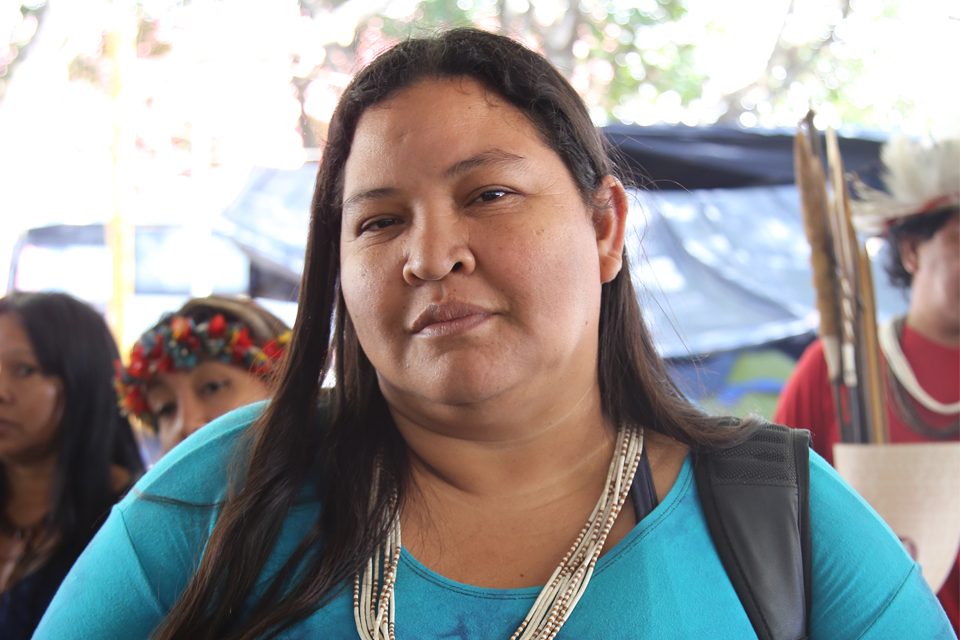Women in leadership: Maria Leonice Tupari, connecting indigenous women and defending their rights in Brazil
Date:

One of the greatest impacts of the COVID-19 pandemic on indigenous communities in Brazil is on their culture, says Maria Leonice Tupari, 45, Coordinator of the Association of Indigenous Warriors of Rondônia (AGIR) NGO in Cacoal city, Brazil. Founded in 2015, AGIR represents the rights of 56 indigenous peoples in Rondônia state, promotes women’s empowerment, and calls out human rights violations.
“We have the habit of visiting each other, so we had to learn how to live in a different way,” says Tupari. “Many people didn’t understand what the coronavirus was at first, or why they needed to change community relations, and couldn’t have traditional celebrations or funerals.” Tupari has been working in the NGO sector since 2000 and has seen a steady rise of violence against indigenous women in the territories.
Through the European Union-funded project, ‘Connecting Women, Defending Rights’, UN Women held a series of consultations with partners and women human rights defenders between March and April 2020. The consultations paved the way for awarding small grants to strengthen the institutional capacities of women human rights defenders in advocating for rights and preventing violence against women during the COVID-19 pandemic. AGIR was among the seven organizations that received the grant; the call for applications for funding received 629 proposals.
Tupari says the project has helped strengthen the communication capacity of indigenous women leaders across the state, their use of digital communication tools, and their understanding of the pandemic’s impact to enable them better adapt and counter misinformation about the virus and vaccine.
Part of the special installment Women in Leadership: Drivers of Transformative Change for Human Rights and Gender Equality.